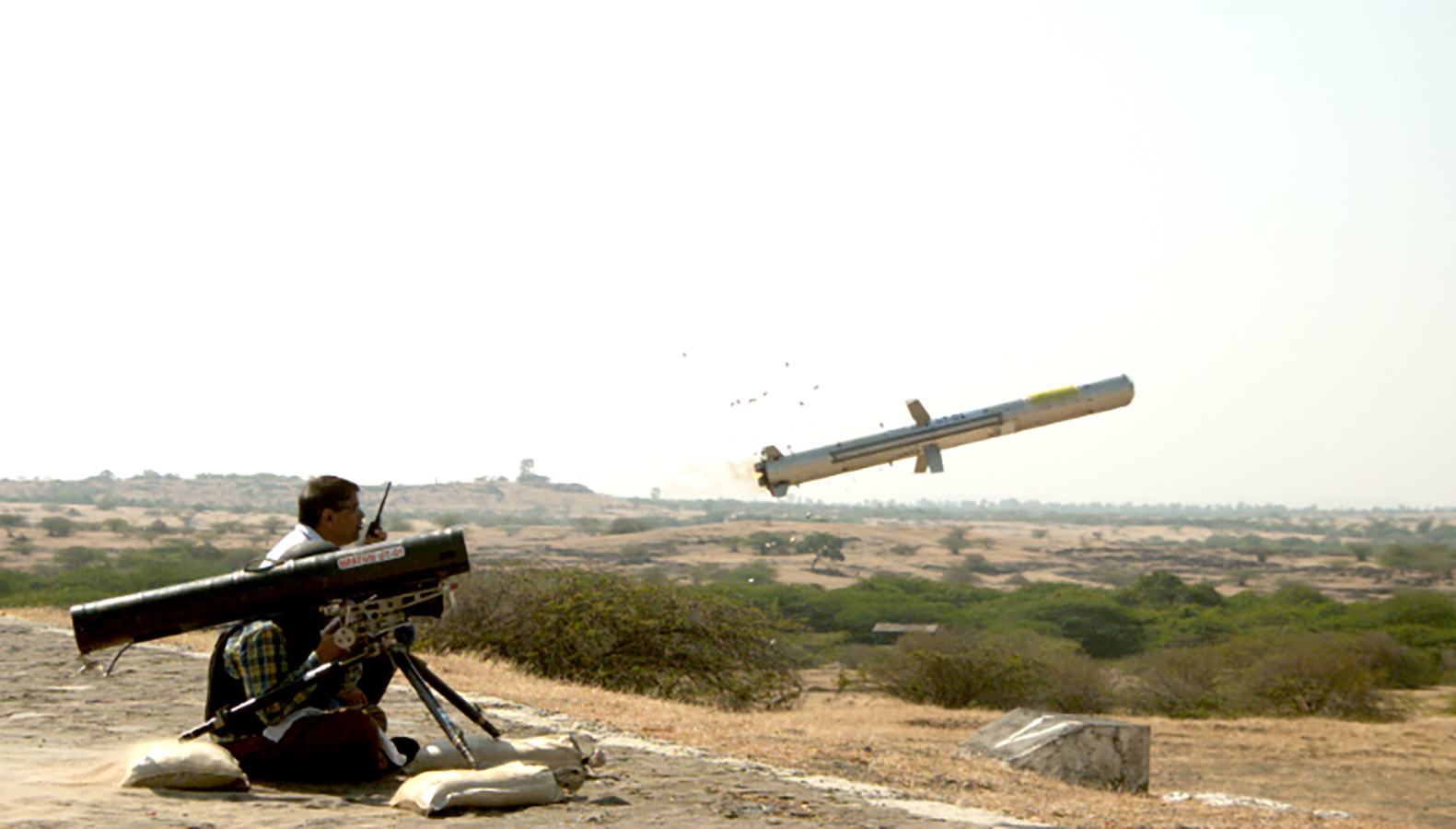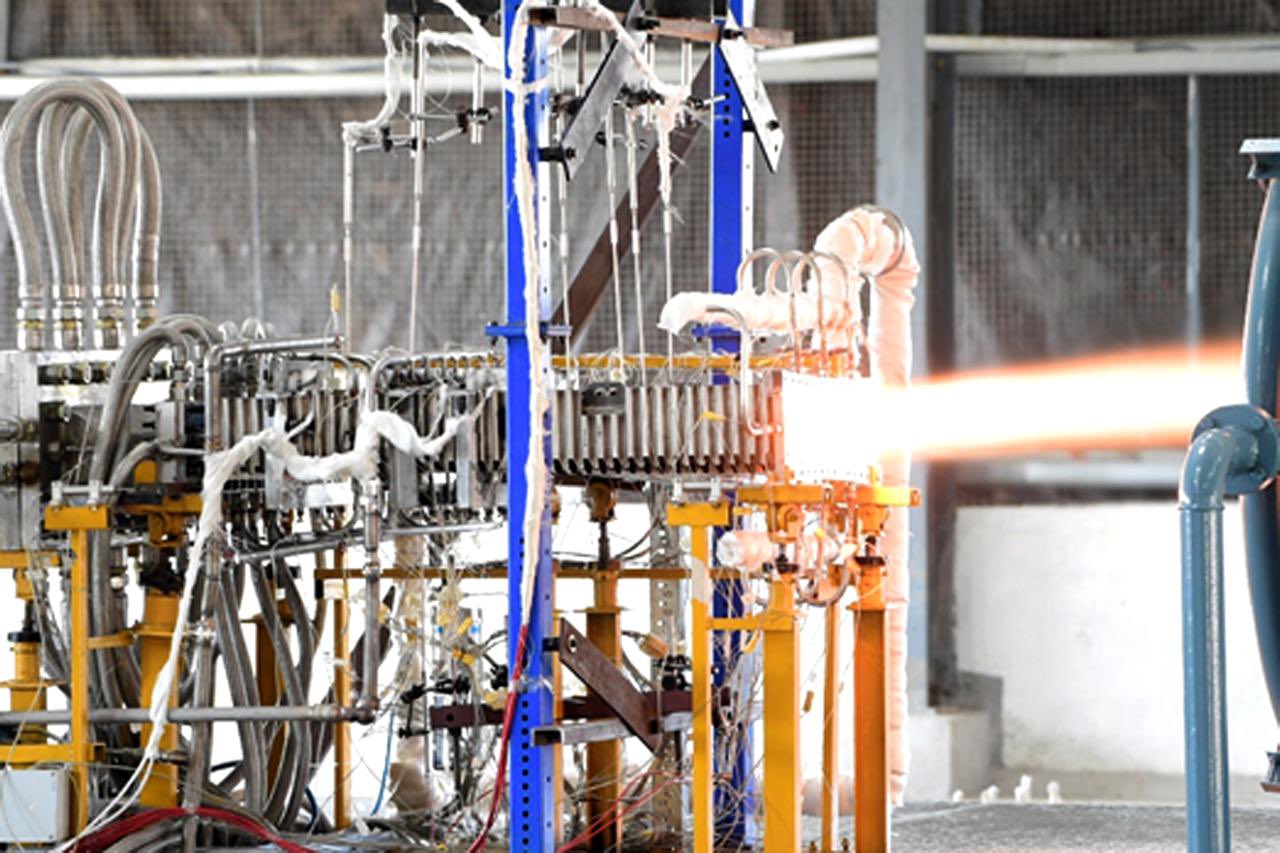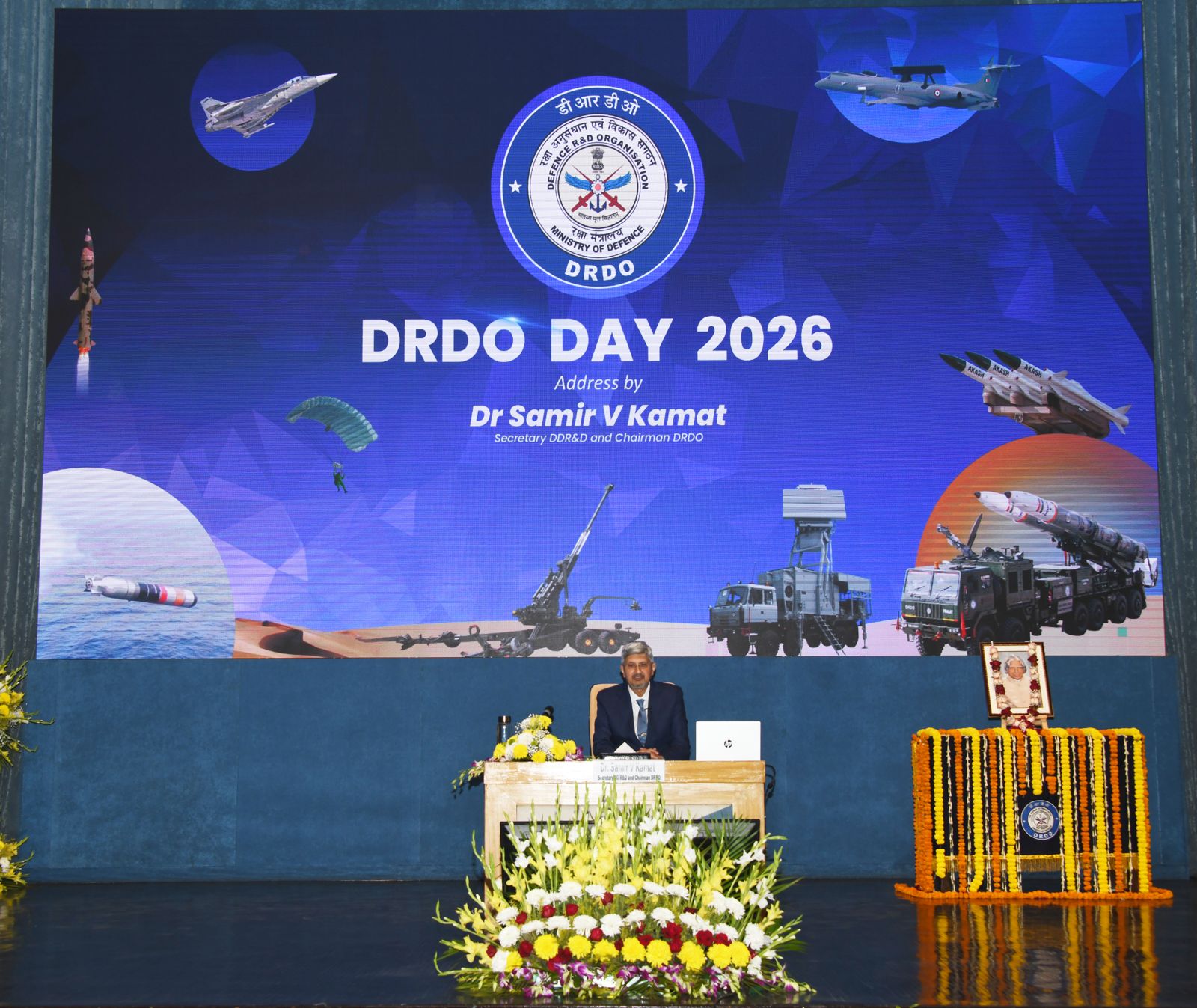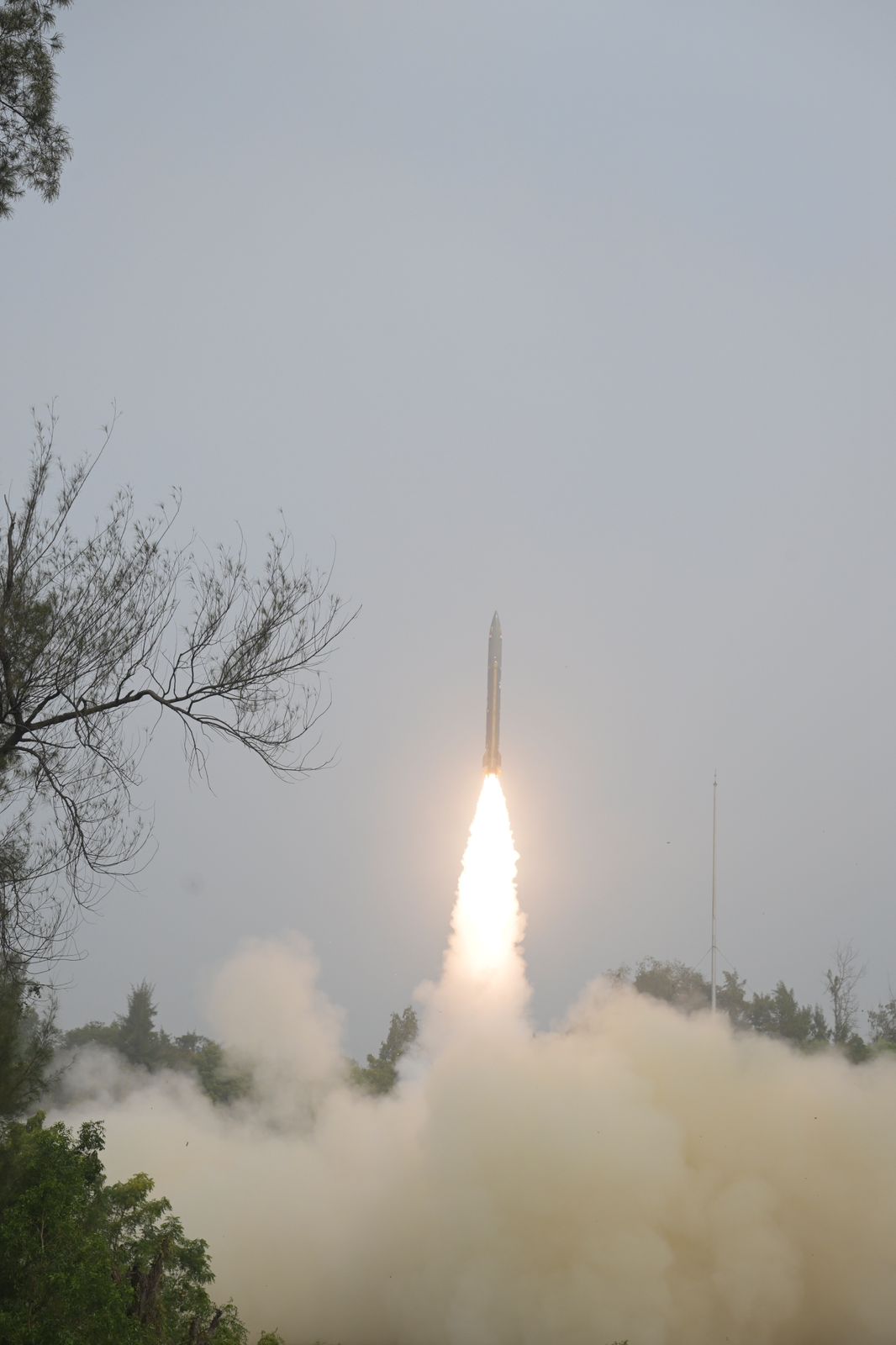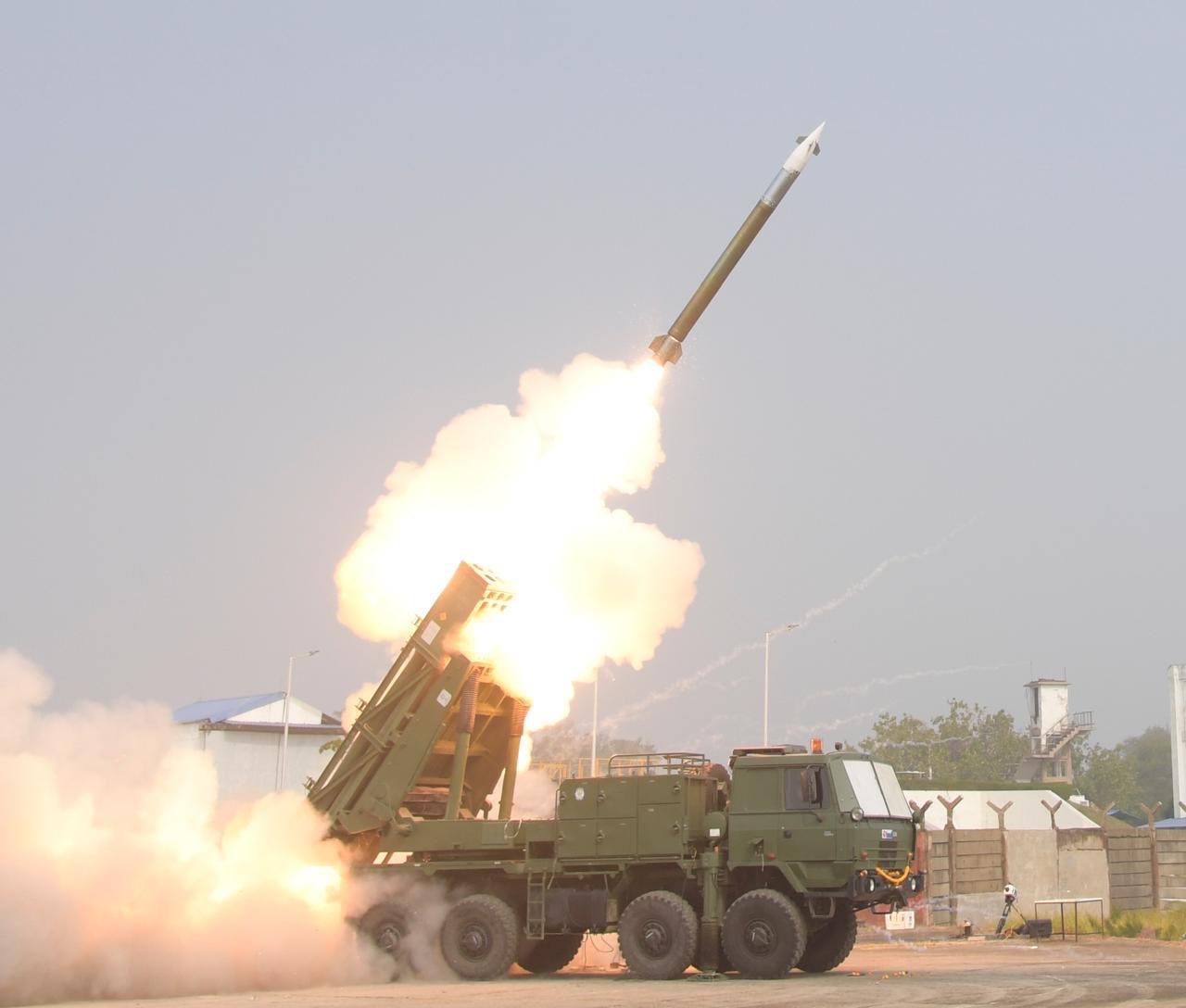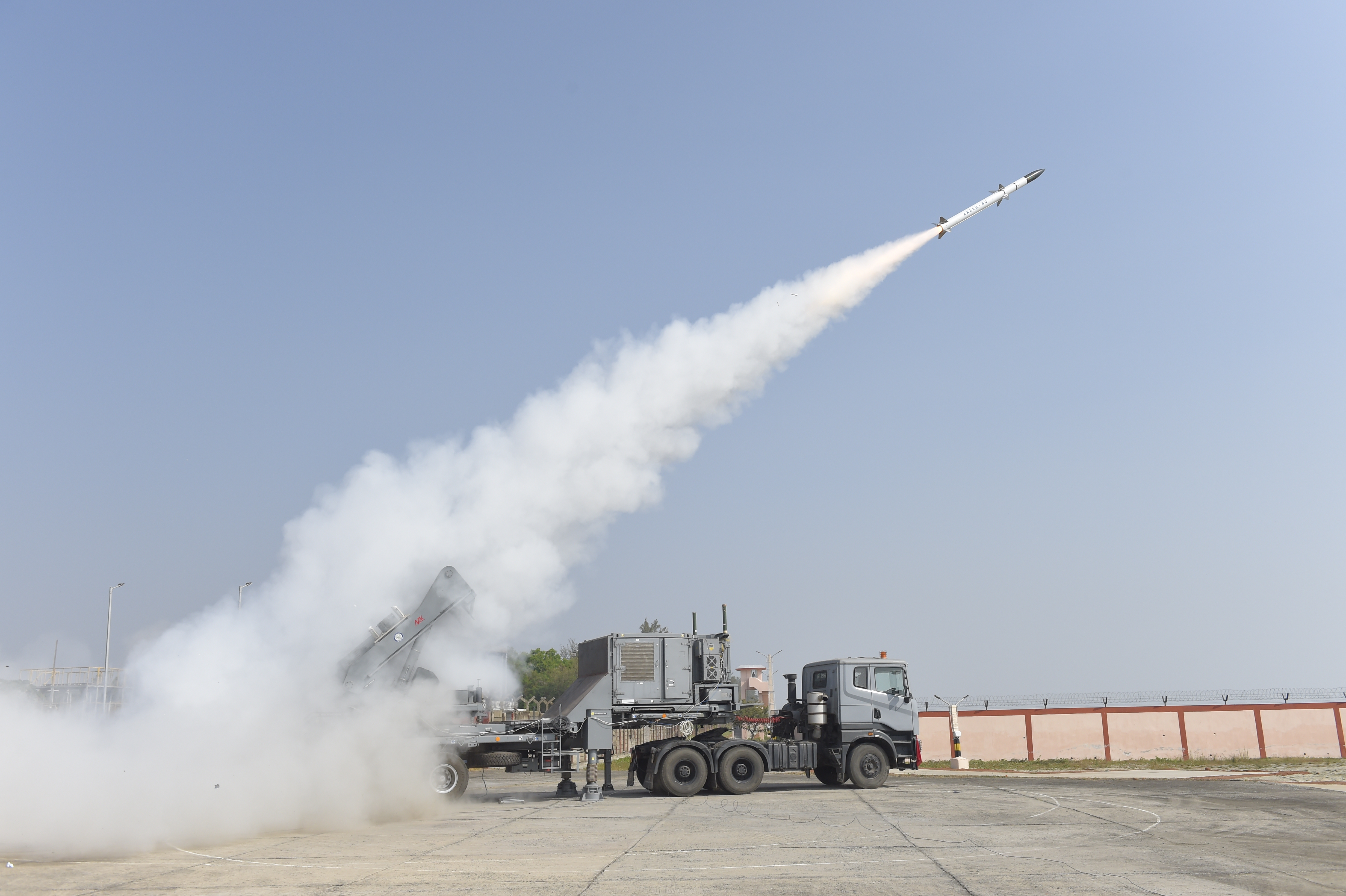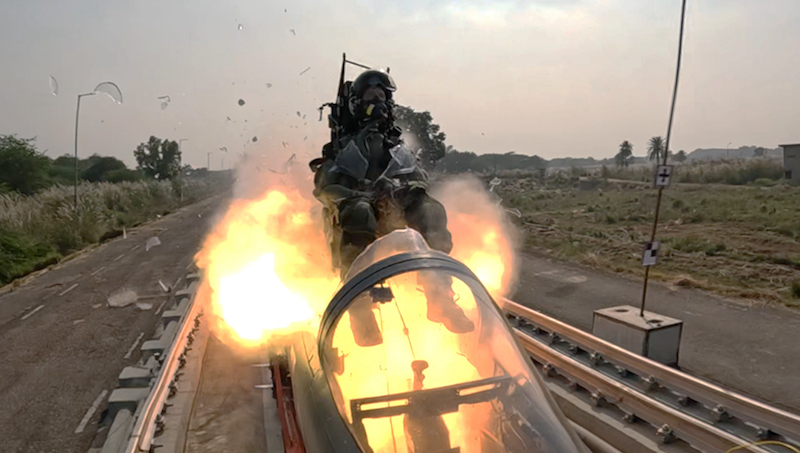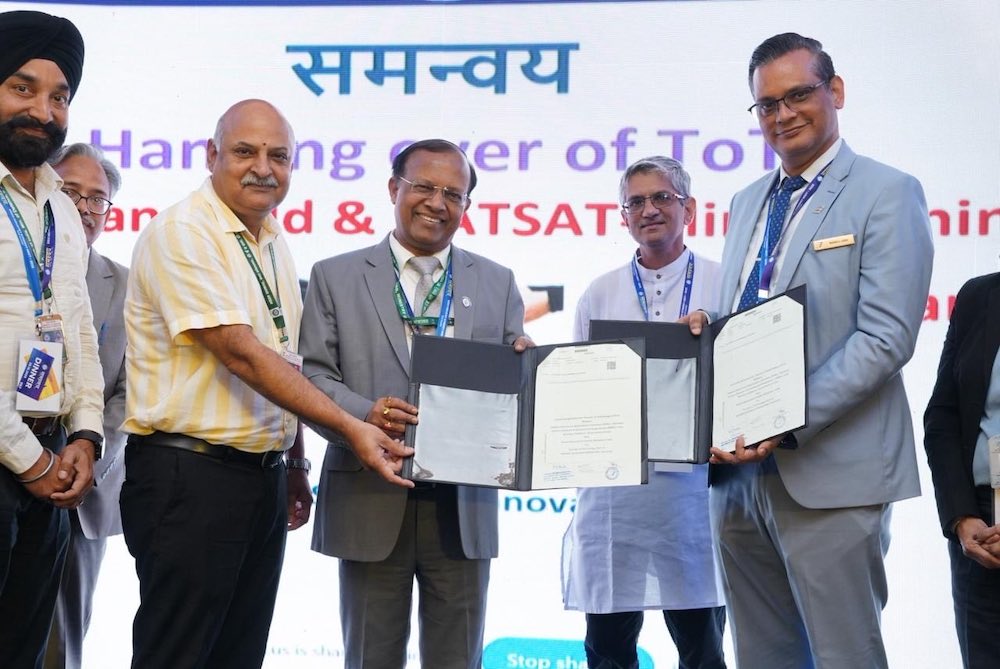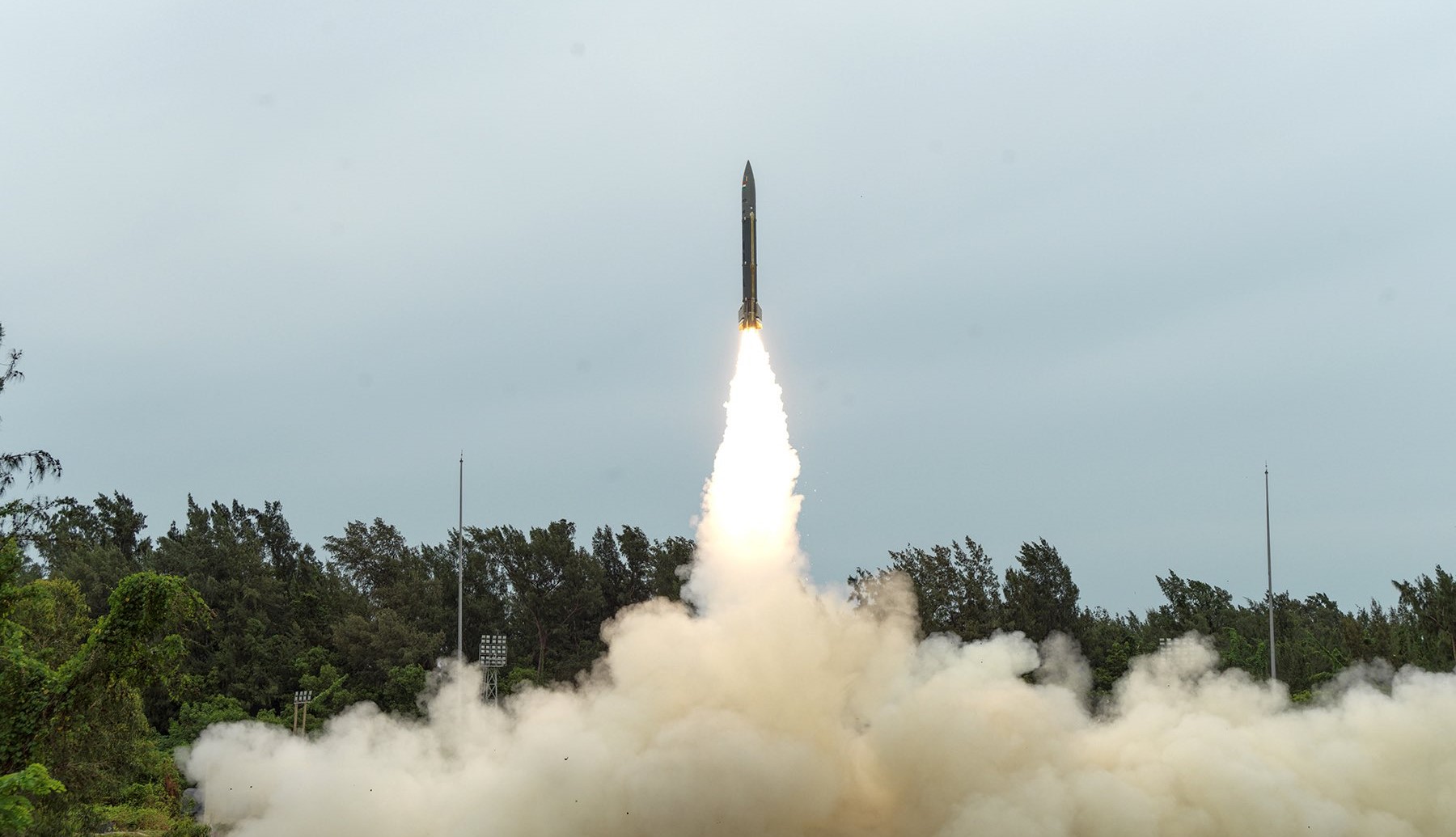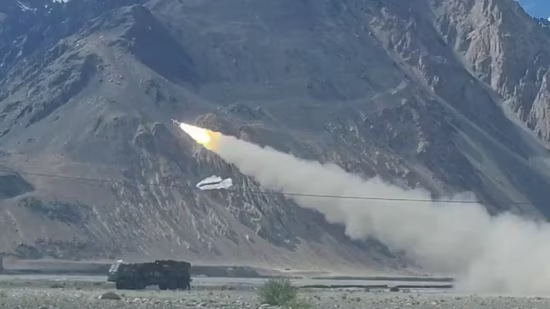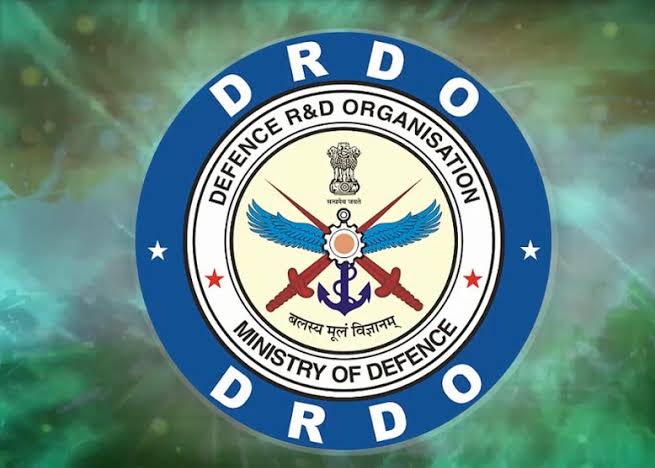
New Delhi: The Defence Research and Development Organization (DRDO) has transferred technologies of nine defence systems to 10 public and private sector companies on Saturday. The transfer took place at the Vehicles Research and Development Establishment (VRDE) in Ahilyanagar, Maharashtra, as part of the government’s push to strengthen the domestic defence-manufacturing base.
The DRDO chairman and secretary of Department of Defence (R&D), Dr Samir V Kamat, presided over the technology transfer ceremony. The licensing agreements were handed over during an event organized at the VRDE.
Systems and Recipients
The transferred technologies include:
* Chemical, Biological, Radiological, Nuclear (CBRN) Recce Vehicle (Tracked) Mk-II – Bharat Electronics Limited (BEL)
Mounted Gun System – Bharat Forge Limited (Kalyani Group)
* Anti-Terrorist Vehicle (Tracked Version) – Metaltech Motor Bodies Private Limited
* Full Trailer of 70-tonne Tank Transporter for Main Battle Tank Arjun Mk-1A – Four companies received this technology: BEML Limited, Tata International Vehicle Applications, SDR Auto Private Limited, and John Galt International
* Expandable Mobile Shelter – Bharat Electronics Limited
* Vajra-Riot Control Vehicle - Tata Advanced Systems Limited
* Unit Maintenance Vehicle for MBT Arjun – BEML Limited
* Unit Repair Vehicle for MBT Arjun – BEML Limited
* Multi-Purpose Decontamination System – Dass Hitachi Limited and Goma Engineering Private Limited
Public-Private Mix
The technology recipients include both public sector undertakings like BEL and BEML, and private companies such as Bharat Forge and Tata Advanced Systems Limited. This mixed approach aligns with the government's strategy to involve both sectors in defence manufacturing.
DRDO’s VRDE also signed a memorandum of understanding with COEP Technological University for joint research and development in emerging technologies during the event.
Policy Framework
Under the DRDO’s transfer of technology policy, Indian companies receive technical know-how along with handholding support from the DRDO laboratories. The agreements cover licensing terms, royalty structures, and technical assistance provisions.
Companies get free handholding support for a defined period based on project complexity, with additional assistance available at prescribed rates. This framework aims to help industry partners absorb complex technologies and deliver advanced systems to the armed forces.
Export Potential
Unlike foreign technology acquisitions, DRDO’s technology transfers allow Indian companies to modify and innovate further on the transferred systems. This creates potential for both domestic production and future exports. Some technologies also have civilian applications, expanding their commercial viability.
The latest transfers are part of DRDO’s ongoing efforts to reduce dependence on imports and build indigenous defence manufacturing capabilities. The move supports the broader “Atmanirbhar Bharat” initiative aimed at achieving self-reliance in defence production.

